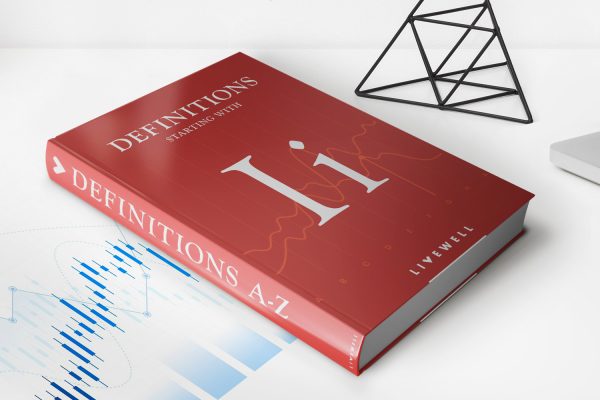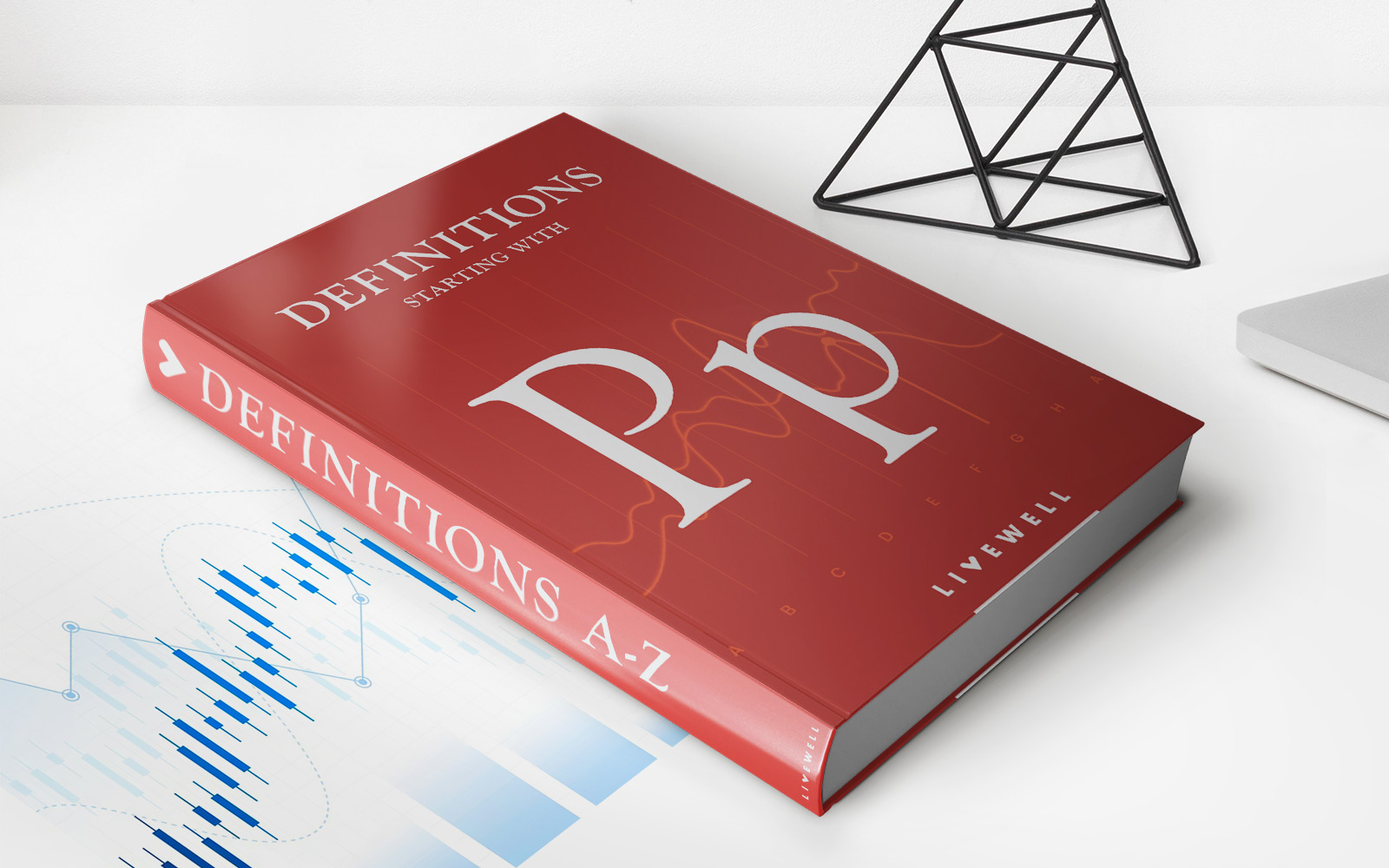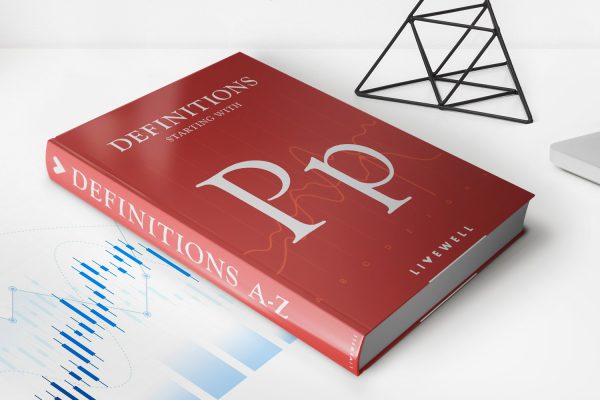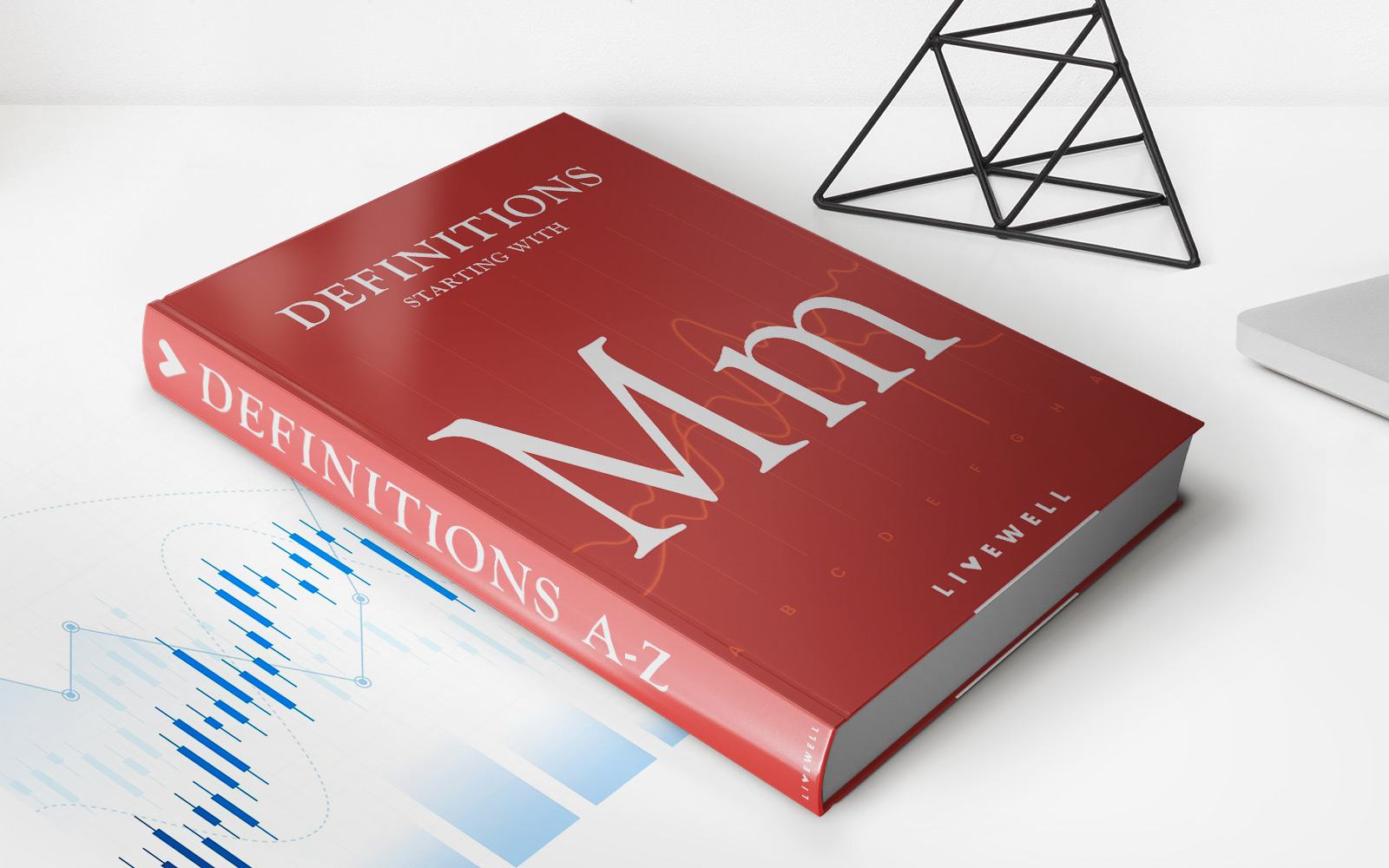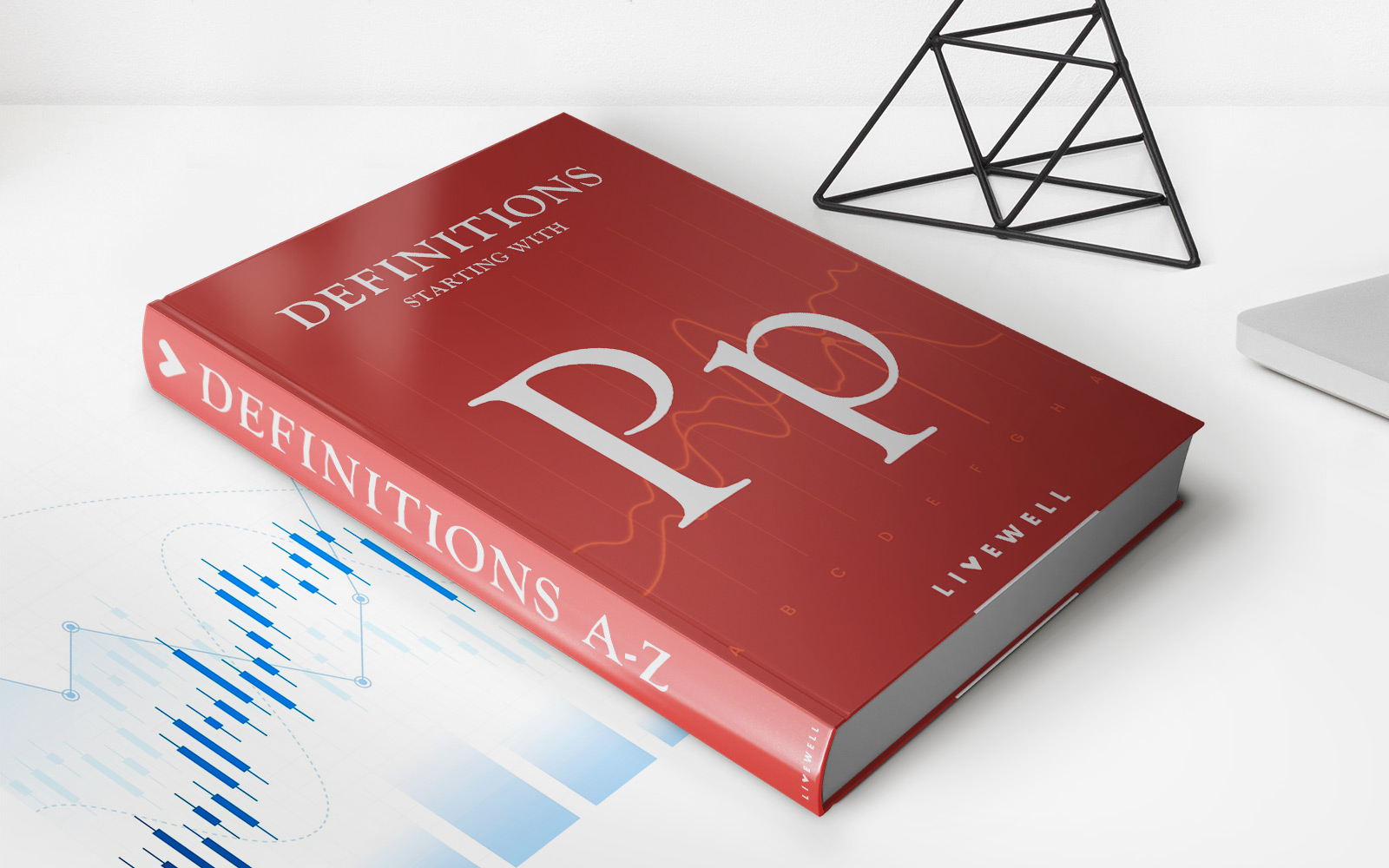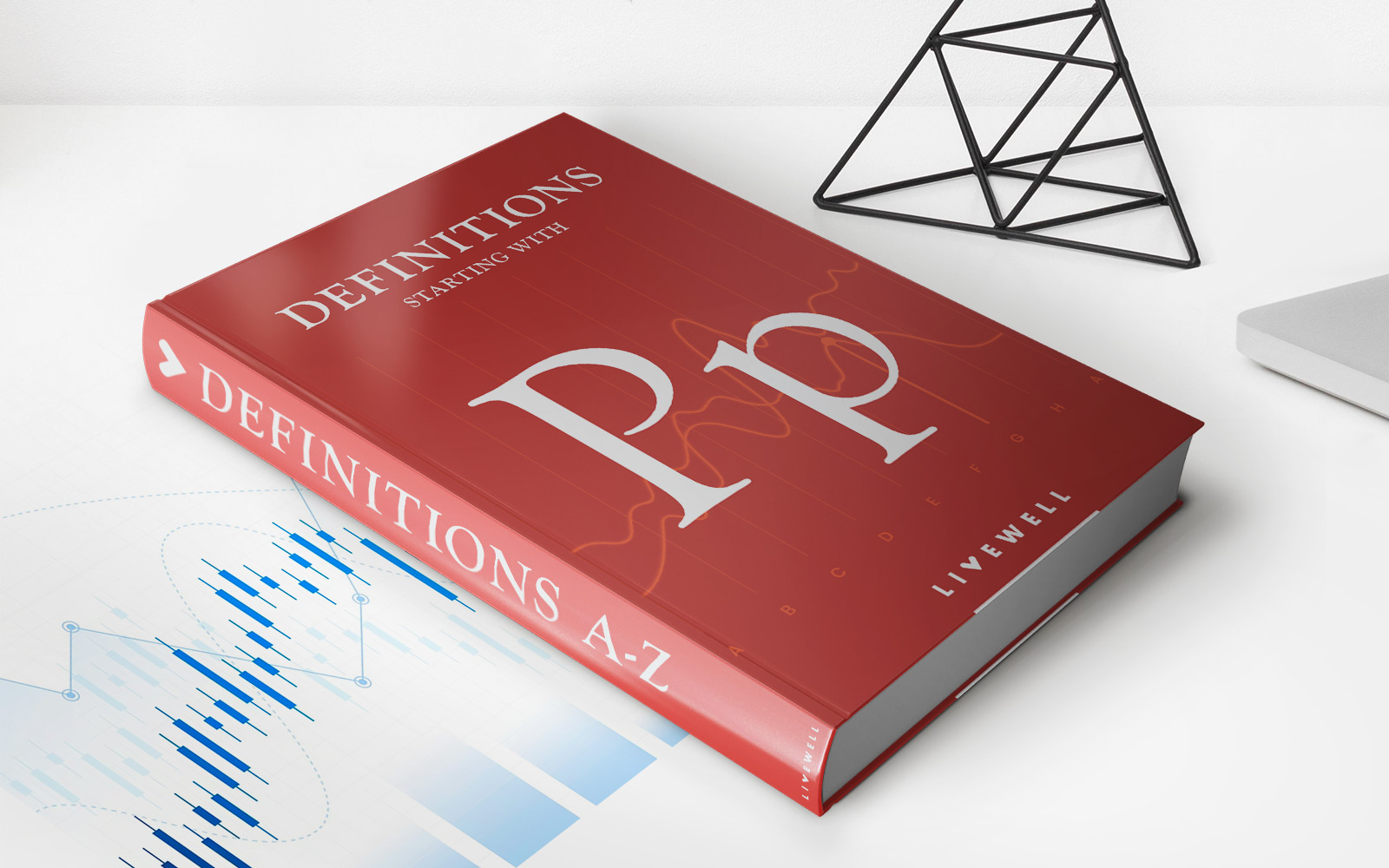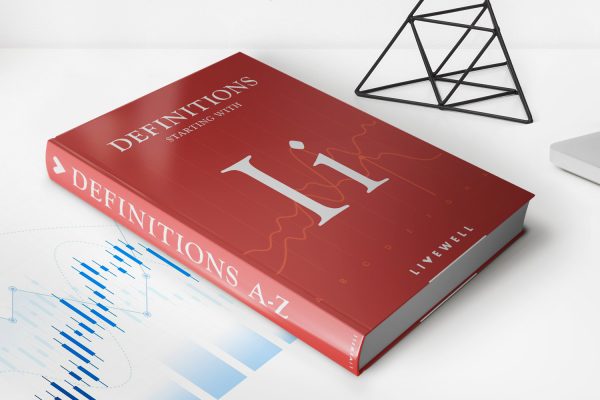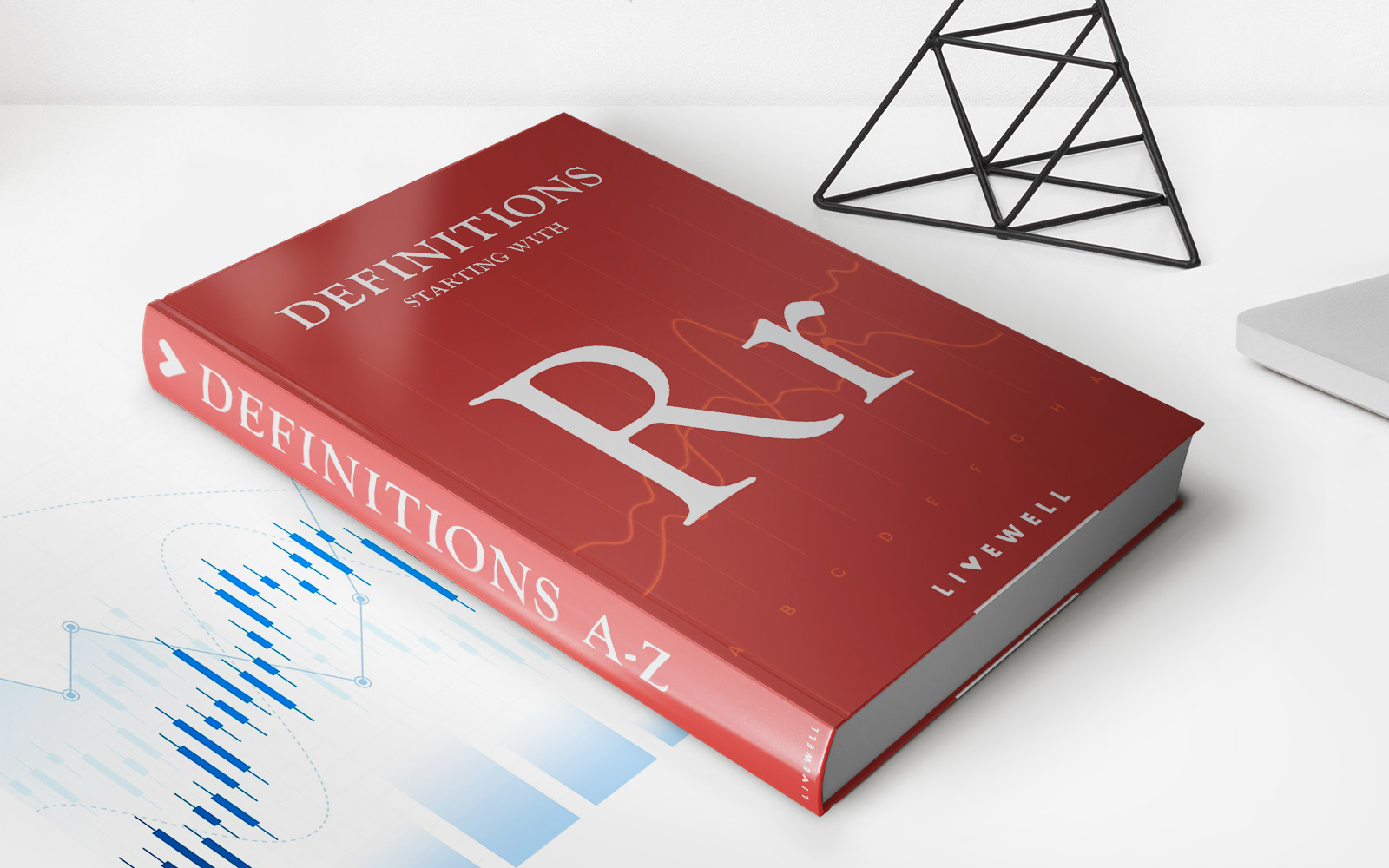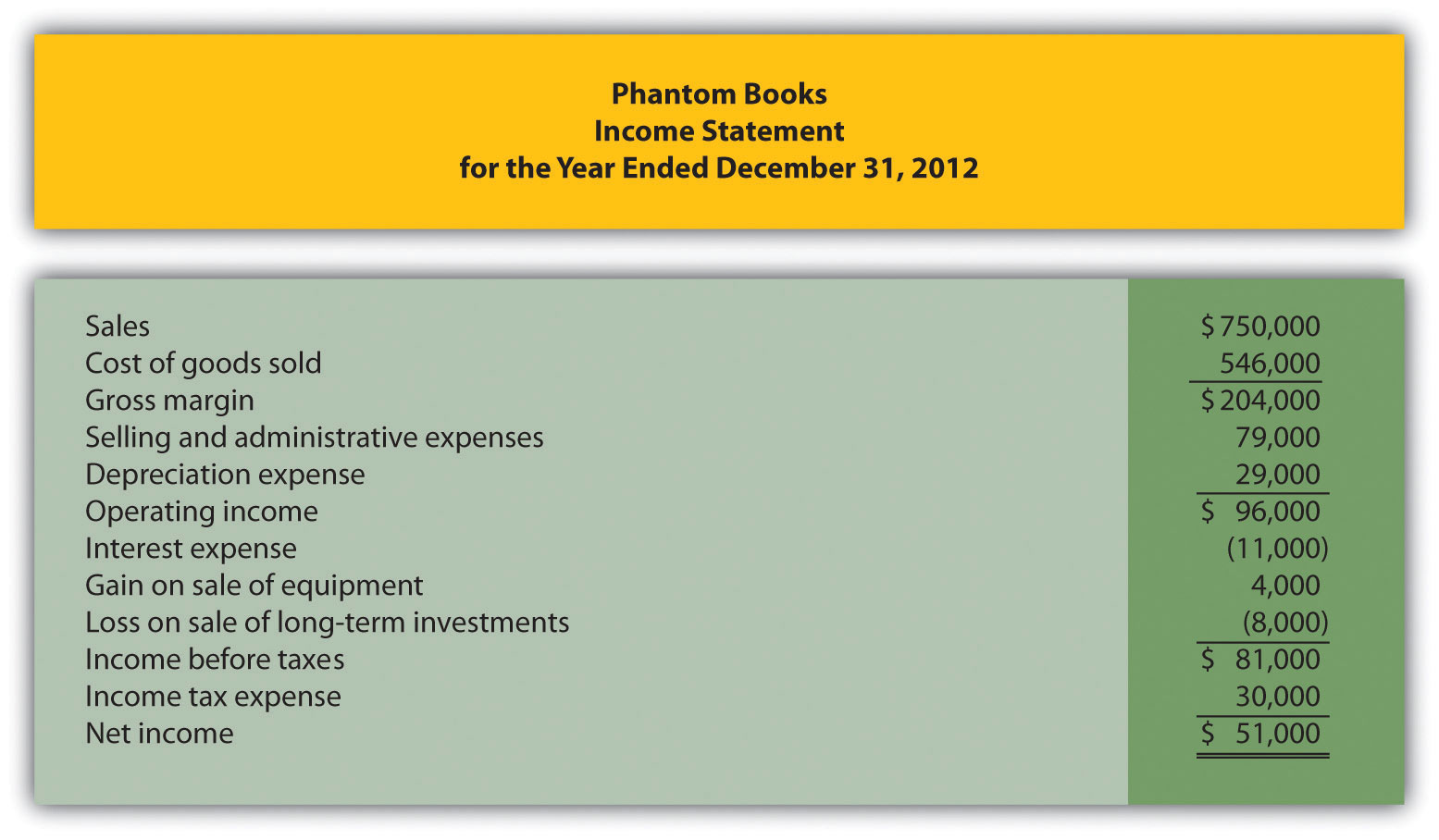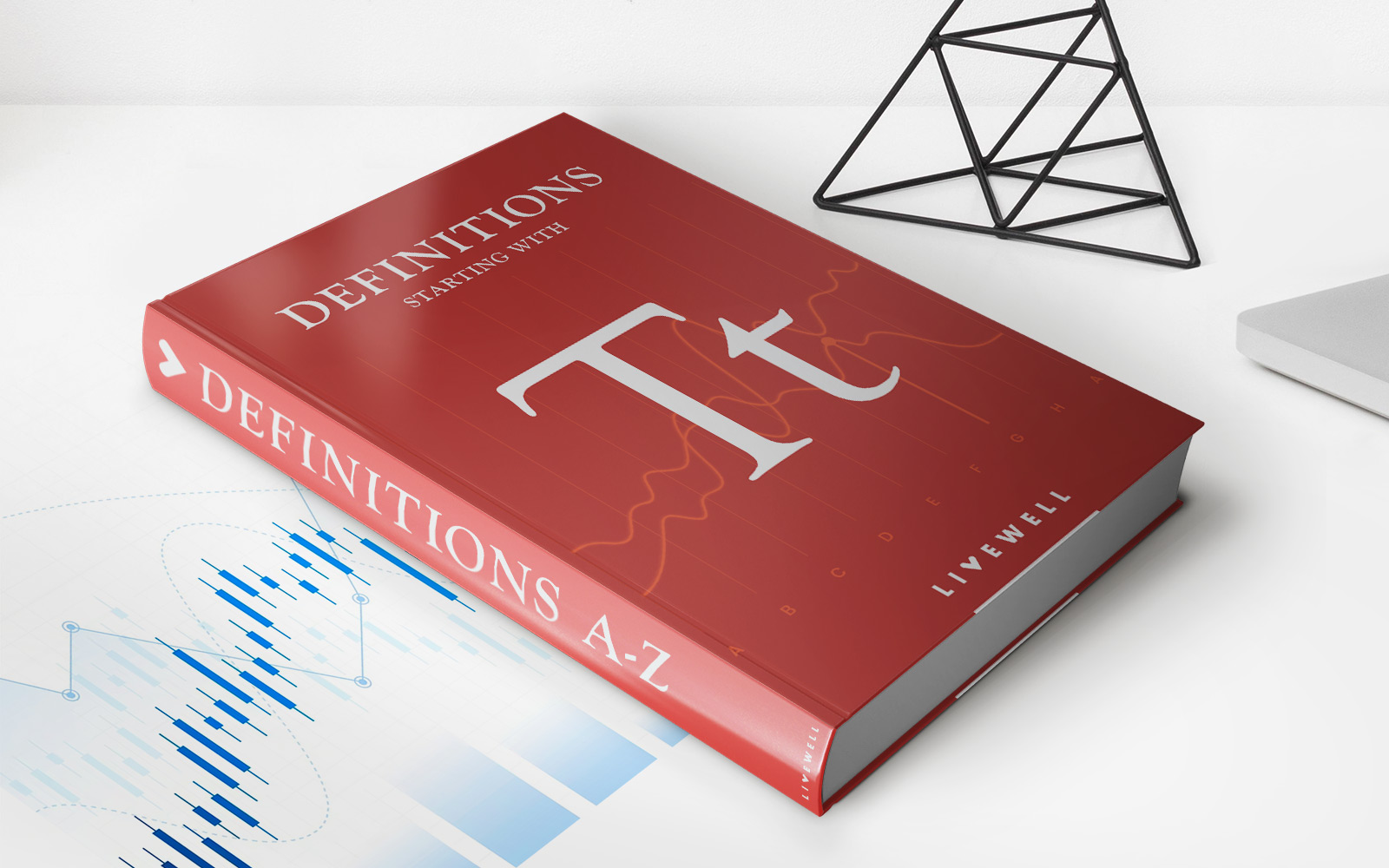Home>Finance>Purchase Money Security Interest (PMSI) Definition, How It Works
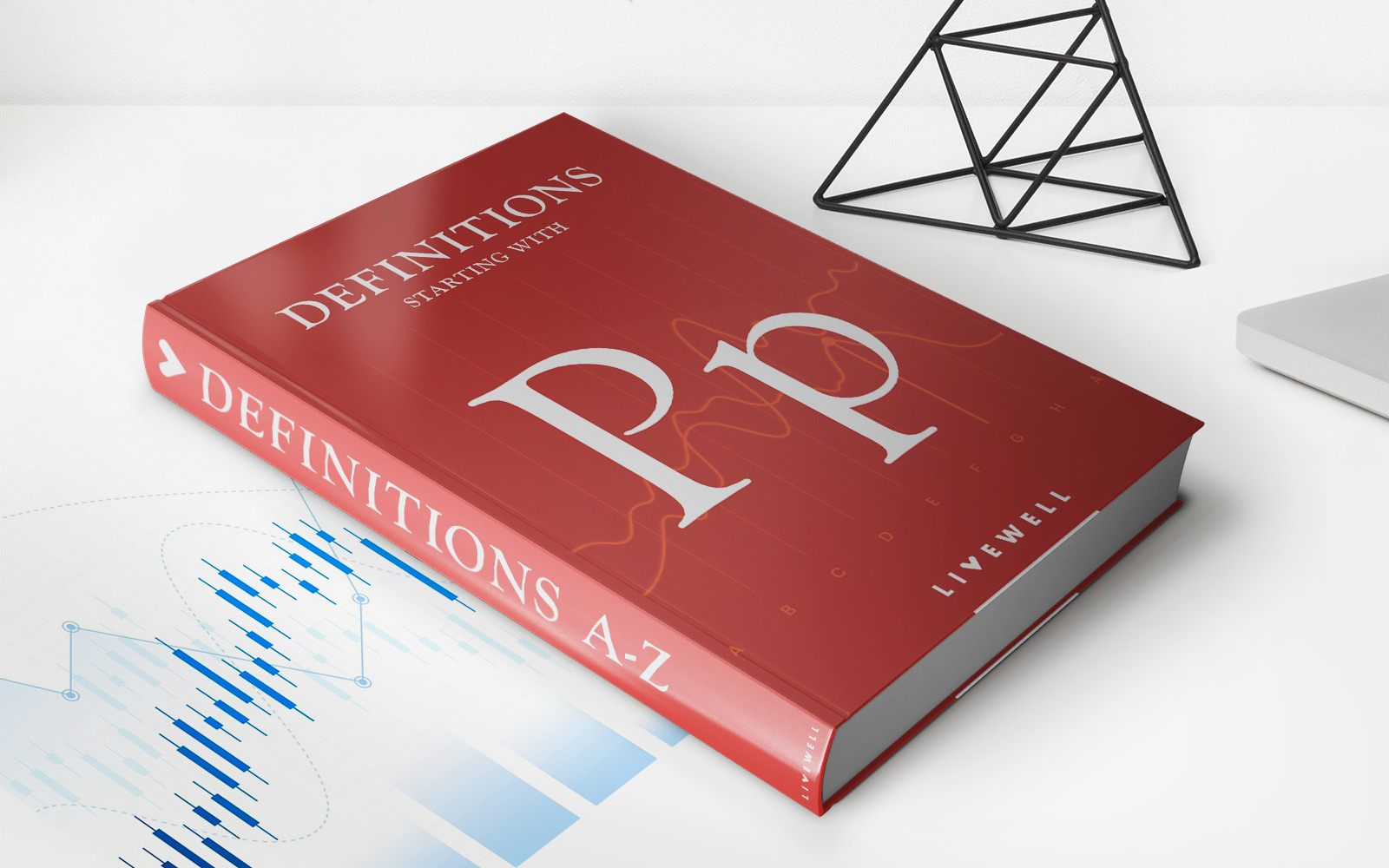

Finance
Purchase Money Security Interest (PMSI) Definition, How It Works
Published: January 13, 2024
Discover the definition and workings of Purchase Money Security Interest (PMSI) in finance. Explore how PMSI provides security for lenders and buyers.
(Many of the links in this article redirect to a specific reviewed product. Your purchase of these products through affiliate links helps to generate commission for LiveWell, at no extra cost. Learn more)
Purchase Money Security Interest (PMSI) Definition – How It Works
Welcome to our “Finance” category blog post where we delve into important financial concepts and provide valuable insights. In this article, we will be exploring the Purchase Money Security Interest (PMSI) definition and how it works. If you’ve ever asked yourself, “What exactly is a PMSI, and how does it impact me?” you’ve come to the right place.
Key Takeaways:
- A Purchase Money Security Interest (PMSI) is a legal term used in financial transactions.
- It grants a lender priority over other creditors when the purchased goods or collateral are used as security for the loan.
Now, let’s dive into the details of what a Purchase Money Security Interest really is, and how it operates in the world of finance.
What is a Purchase Money Security Interest?
A Purchase Money Security Interest (PMSI) is a type of security interest that arises when a borrower takes out a loan to purchase specific goods. In simpler terms, it refers to a lender’s legal claim to newly acquired assets or collateral to secure the repayment of a loan, especially in the event of default by the borrower.
When a lender provides financing to a borrower, it can be risky if the borrower already has existing debts or liens against their assets. A PMSI provides the lender with additional protection, as it gives them priority over other creditors in case the borrower defaults on the loan.
How Does a Purchase Money Security Interest Work?
Let’s break down the workings of a Purchase Money Security Interest:
- Borrower seeks financing: The borrower wants to purchase a specific item and seeks financial assistance from a lender.
- PMSI agreement: The lender and borrower enter into a PMSI agreement, outlining the terms and conditions of the loan.
- Purchase of goods: The borrower uses the loan to purchase the desired goods. These goods then become the collateral for the loan.
- PMSI filing: To establish the lender’s priority, a PMSI filing is made, usually with the appropriate government agency responsible for maintaining public records of security interests. This filing provides public notice that the lender has a security interest in the purchased goods.
- Default and repossession: If the borrower defaults on the loan, the lender has the right to repossess and sell the collateral to recover the outstanding debt. The lender’s priority over other creditors allows them to be first in line to receive the proceeds from the sale of the collateral.
- Remaining debt: If the proceeds from the sale of the collateral are insufficient to cover the entire outstanding loan balance, the lender may be entitled to seek further repayment from the borrower’s other assets, depending on the terms of the loan agreement.
In Summary
Understanding the concept of a Purchase Money Security Interest (PMSI) is crucial, both for lenders and borrowers, in order to navigate the complexities of financial transactions. Here are the key takeaways:
- A Purchase Money Security Interest is a legal claim that a lender has on newly acquired assets or collateral used to secure a loan.
- A PMSI provides the lender with priority over other creditors in case of borrower default.
By familiarizing yourself with the intricacies of PMSI, you can make informed decisions when entering into financial arrangements, ensuring your assets and interests are protected.
If you have further questions about Purchase Money Security Interest or any other finance-related topic, feel free to reach out to us. Stay tuned for more informative articles in our “Finance” category!

